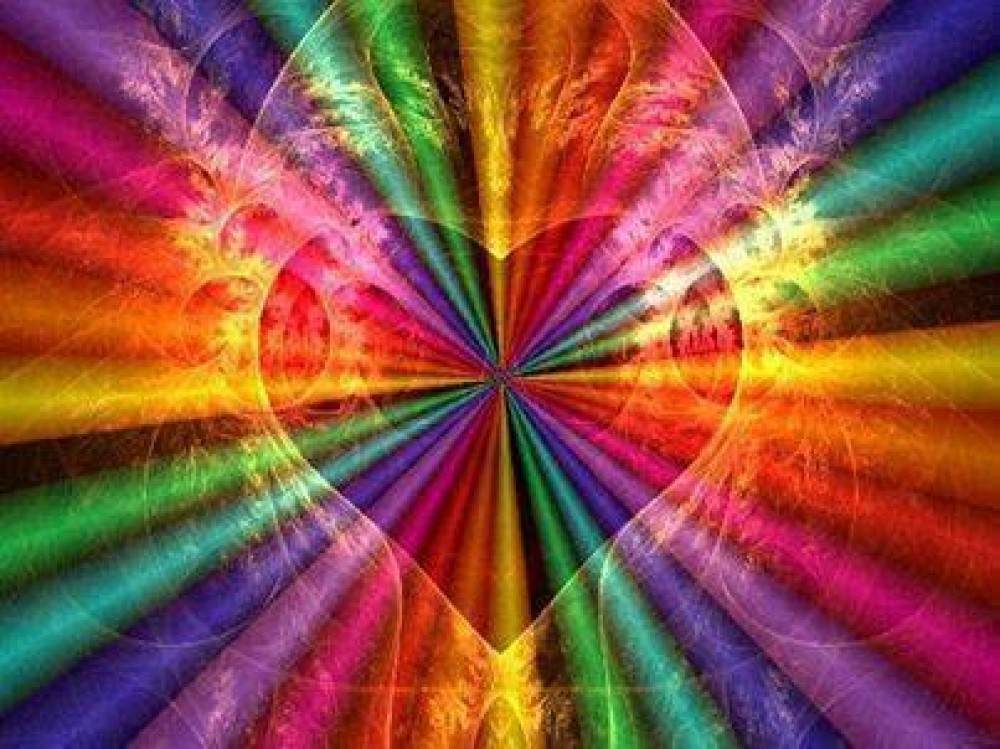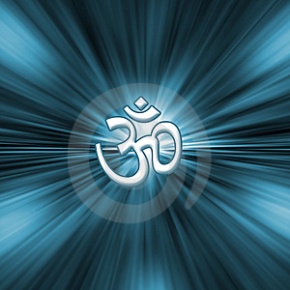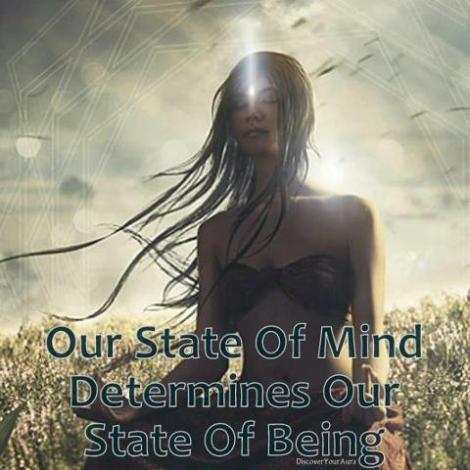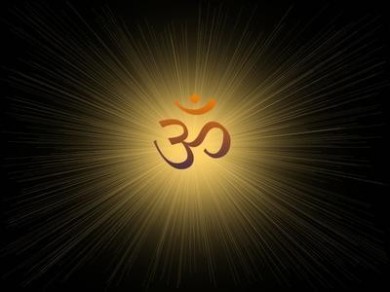The pranavah is the root mantra of yoga. It is the undifferentiated sound. It is the sound of the universe turning on its axis, of angels singing, of Love.
AUM…the sound is really composed of four sounds…the ‘ahhh’ rising from our roots, the ‘ooh’ flowing from our hearts, and the ‘mmm’ resonating in our minds….plus the silent resonance as our intention rises and joins with the Divine. Uniting these sounds serves to unite body, mind, and spirit.
We do this beyond the limitations of dogma, of belief, of separation. In the pranavah it is All One.
In ancient Vedic prayers, all begin with AUM, and all end in AUM, Shanti. Shanti is Sanskrit for peace. Some say the pranavah is the primordial name of the Divine. What prayer could be better than one which starts with the name of God and ends with peace?
If God is the source of Love and connection and all things Good, then we make ourselves separate from this when we make distinctions between ourselves and others, when we seek to judge or compare.
In the pure light of Love, all beings are special. All beings are incomparable, incommensurable. Comparing them would be like trying to compare the color orange to the number 13…it simply can’t be done. Can one judge another when all beings are, at their core, incommemsurable?
In the pure light of God (or the God of Your Understanding, if you prefer it that way), judgments and distinctions are things that separate us from each other, separate us from God.
In the alternative, the pranavah evokes that place where judgments are moot, mere constructs of the ego. When we speak (and act) from the egoic mind, divisions between us are infinite, judgments abound. When we live (and act) from the heart, all division falls away.
The pranavah is a gentle reminder, the still, small voice that calls us back to community with each other, to unity with the Divine.
So need I say more, other than…AUM, Shanti?










